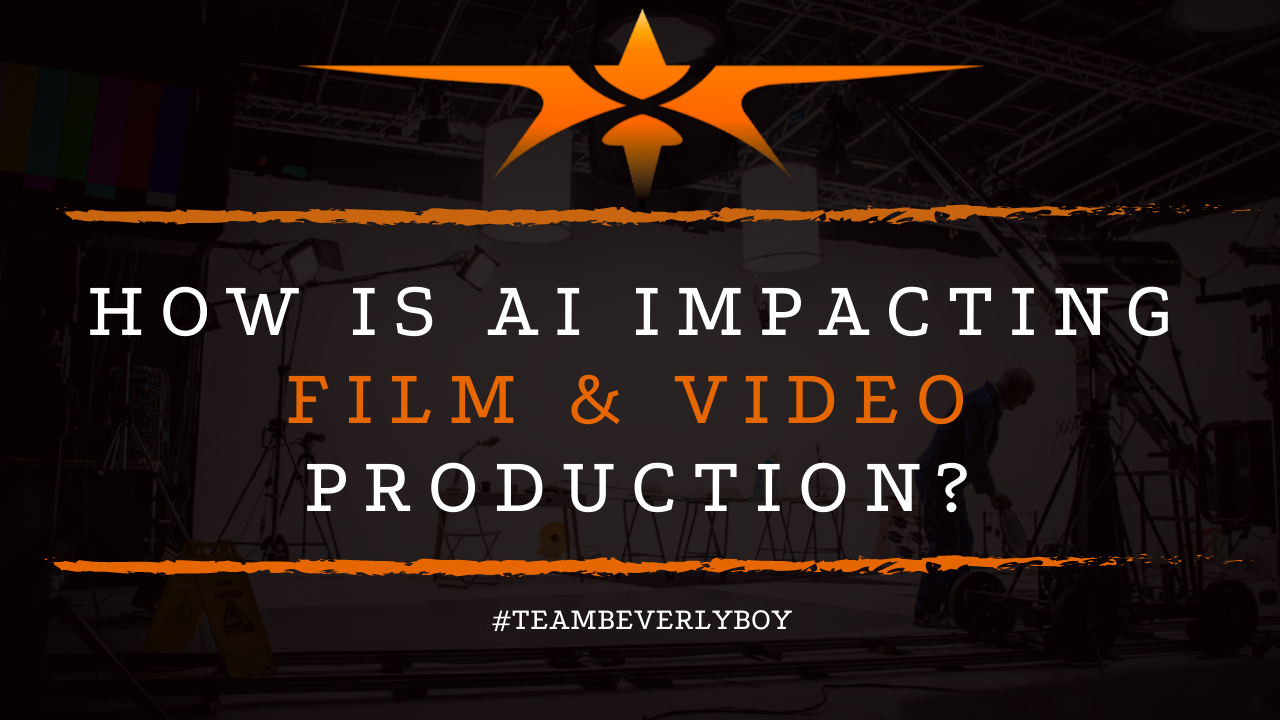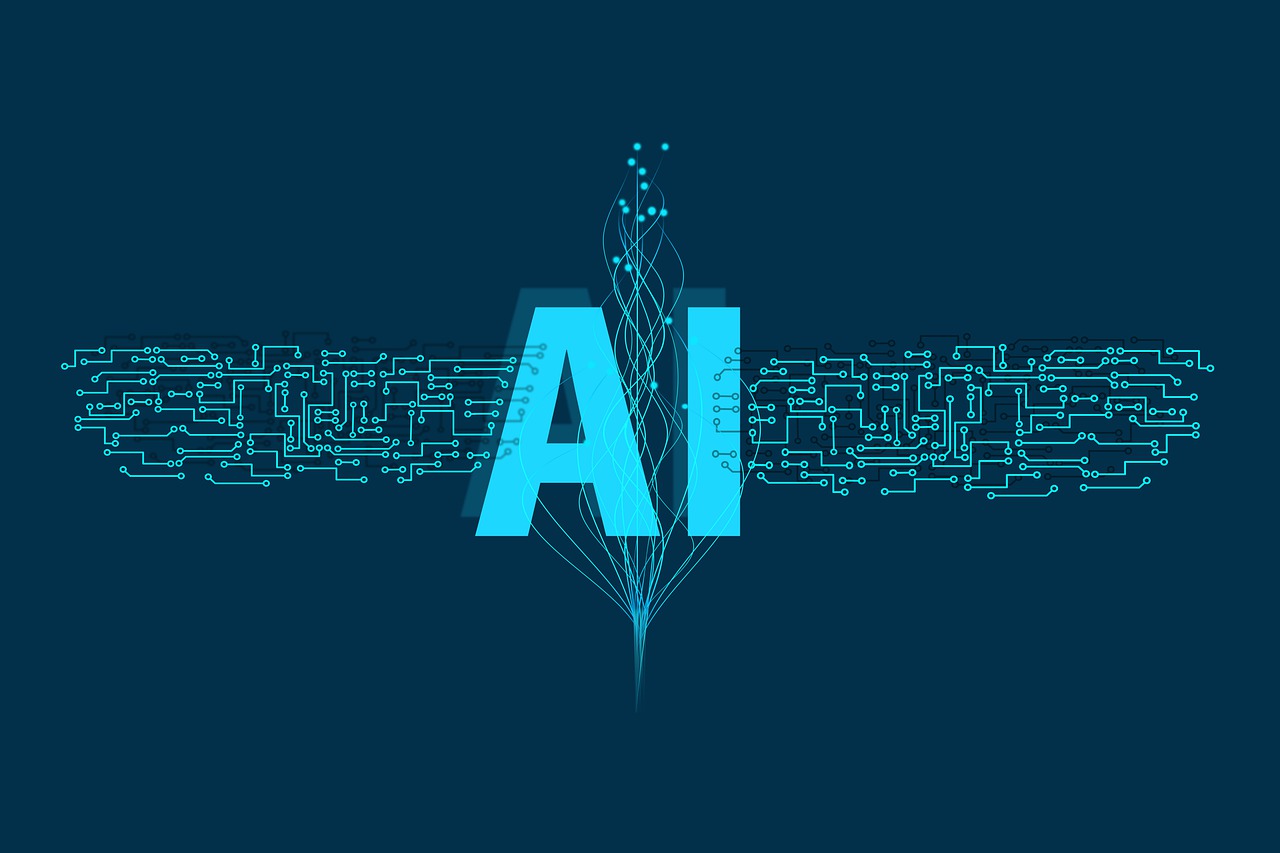
How is AI Impacting Film Production?
Artificial intelligence is a hot topic that has made its way into virtually every industry including the film industry. Today, AI impacts virtually every aspect of our lives in some capacity, from machine learning that is used to deliver various decision-making modules on our cell phones to the use of AI in our workplace to come up with outlines, schedule calendar events, or perform a variety of other tasks. But how is AI impacting film production?
AI is impacting film production in both positive and negative ways. Whether you see the advantages of AI or you lean more toward recognizing the disadvantages of artificial intelligence is largely dependent upon how much you are already utilizing it in your own day-to-day as well as how creative your role is. For filmmakers, it’s hard not to recognize the potential benefits of AI in film production as it has been found to save time and money. However, it’s equally challenging for anyone that has a creative role in filmmaking, such as an animator, producer, or screenwriter to also see the potential drawbacks that come along with the use of too much artificial intelligence in the film production process.
AI is Streamlining Film Production
Ask any filmmaking professional if they use Ai in their business and they’ll certainly tell you that they do to some degree. This is because AI is being used to streamline film production from the earliest stages to the post-production film distribution process. In pre-production planning, AI has already very become a part of the everyday process that filmmakers are incorporating into their schedule making, planning and organizing. They’re using AI to help them research suitable film locations, to find unique opportunities to integrate real-world data into their storylines, and to organize their data for streamlined production.
AI is Making Film Production More Efficient
On the set, AI is making film production more efficient. AI tools make it possible to position cameras a particular way, to make the best use of various camera angles, and to accurately deliver lighting on set without the need for constant adjustments or changes. In fact, if you ask any filmmaker how AI is impacting film production, they’re likely to tell you that they have found a way to utilize AI to their advantage to be more efficient in their day-to-day routines.
Many are using AI tools in post-production to improve color grading, to analyze footage, or to adjust features or effects with just a few clicks. AI provides the ability to more efficiently edit films allowing filmmakers to create presets or to utilize the computer’s AI to perform tasks on repeat with a single click (or two). The result is hours saved in some cases.
AI Has Potential to Reduce Creativity in Film Production
Unfortunately, some will tell you that AI has the potential to reduce creativity and to minimize value in film production – and they’re right. In fact, those seeking an easy way out, or who rely too much on artificial intelligence to perform the creative tasks involved in film production are likely to deliver lesser quality films. This is because a computer cannot take the place of a human, specifically where intuition, energy, emotion, and human connection are involved.
Using artificial intelligence to complete an entire creative task, rather than using it to prompt creativity is a huge mistake. This goes for using AI to write film scripts in their entirety, allowing AI to be used for the entire video creation process, or otherwise relying on AI to complete a project in detail. Just as we’ve seen with the use of tools like Chat GPT to write or create code, there are nuances that a machine learning program simply cannot overcome the way a human can – and if you’re not careful, these nuances will feed into your finished project.
If you’re interested in utilizing AI for the creative elements of a film, consider asking AI to assist with an outline of ideas, to help with character arcs, or to provide other details that you can build and grow your film creativity from – but don’t rely on the computer to do all of the heavy lifting for you.
AI can Make Film Production More Affordable
For some, AI has the potential to make film production more affordable – and more successful. In fact, artificial intelligence is being used to determine the success or potential failure of a film before it ever hits production, saving many businesses both time and money. Similar AI tools are being used to justify character casting, to make marketing decisions or to otherwise influence how a film is produced, directed, or subsequently distributed.
In these cases, the use of AI has the potential to result in countless savings, especially in the form of saving on lost time where the production of a film that is not successful could otherwise be a huge loss for many involved.
AI Cannot Replace Humans in Film!
While AI has the capacity to do a lot of things in the film industry, there’s one way that AI will not make much impact and that’s by taking the place of a human! How is AI impacting film production? It’s streamlining production, it’s saving time and making post-production more efficient, and it’s making a lot of the stages of production more effective – but when it comes to creativity, there is no replacement for a human.
Humans have the capacity to improve filmmaking. To creatively build upon film outcomes. To create characters and lands and stories that emotionally captivate the audience. A computer simply cannot create the same connection, depth of emotion, or level of intuition that leads to human connection that a human production team can. How is AI impacting film production – a lot of ways, but replacing a human is not one of them!





